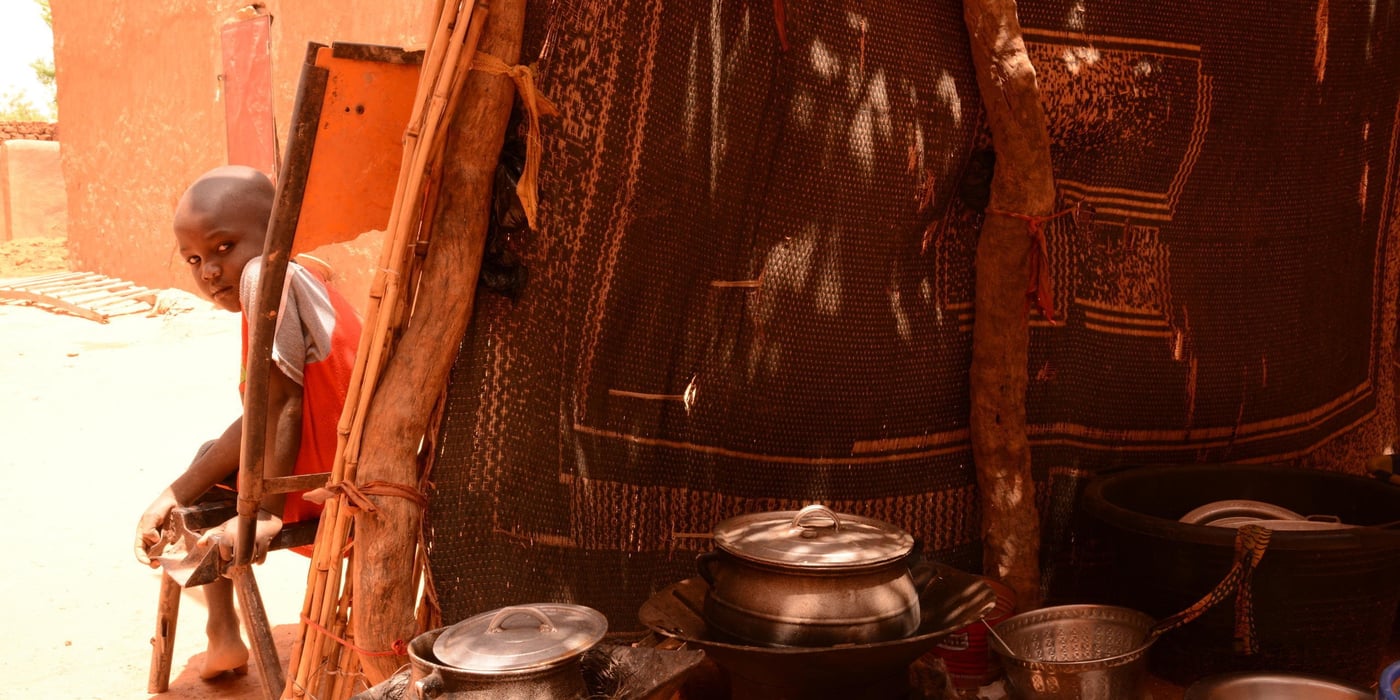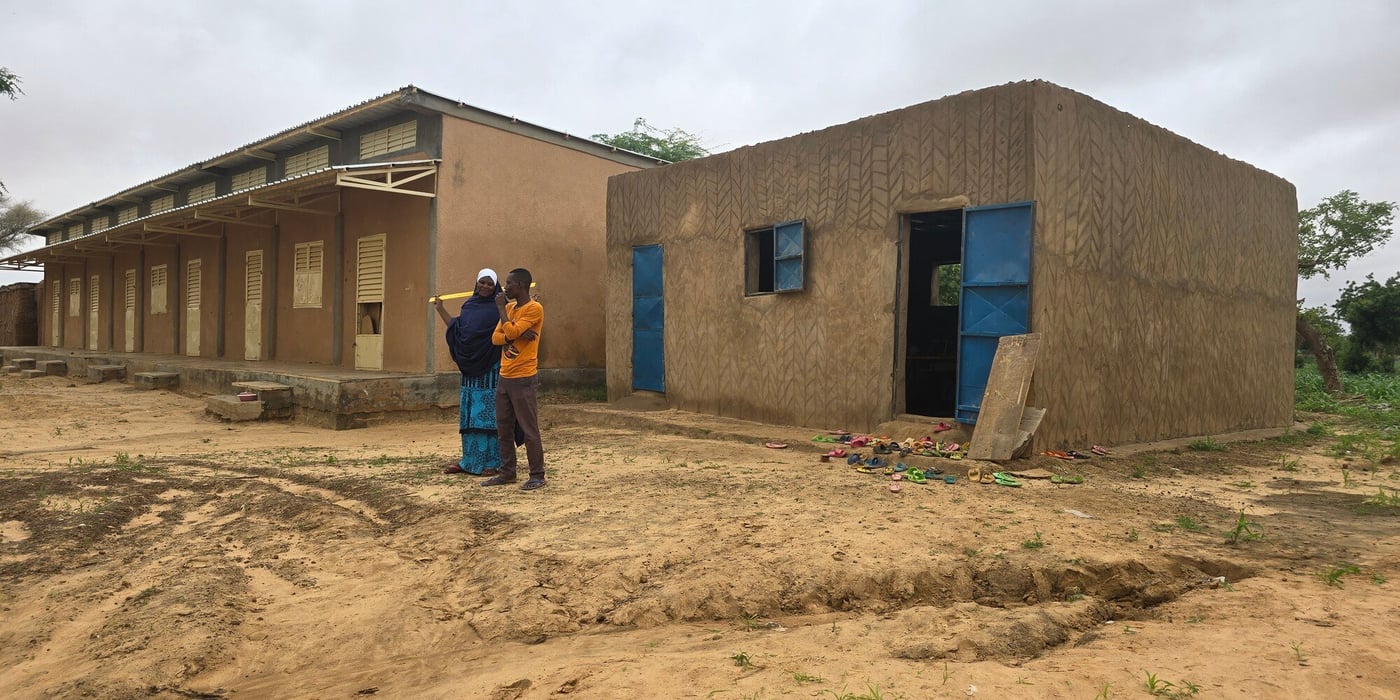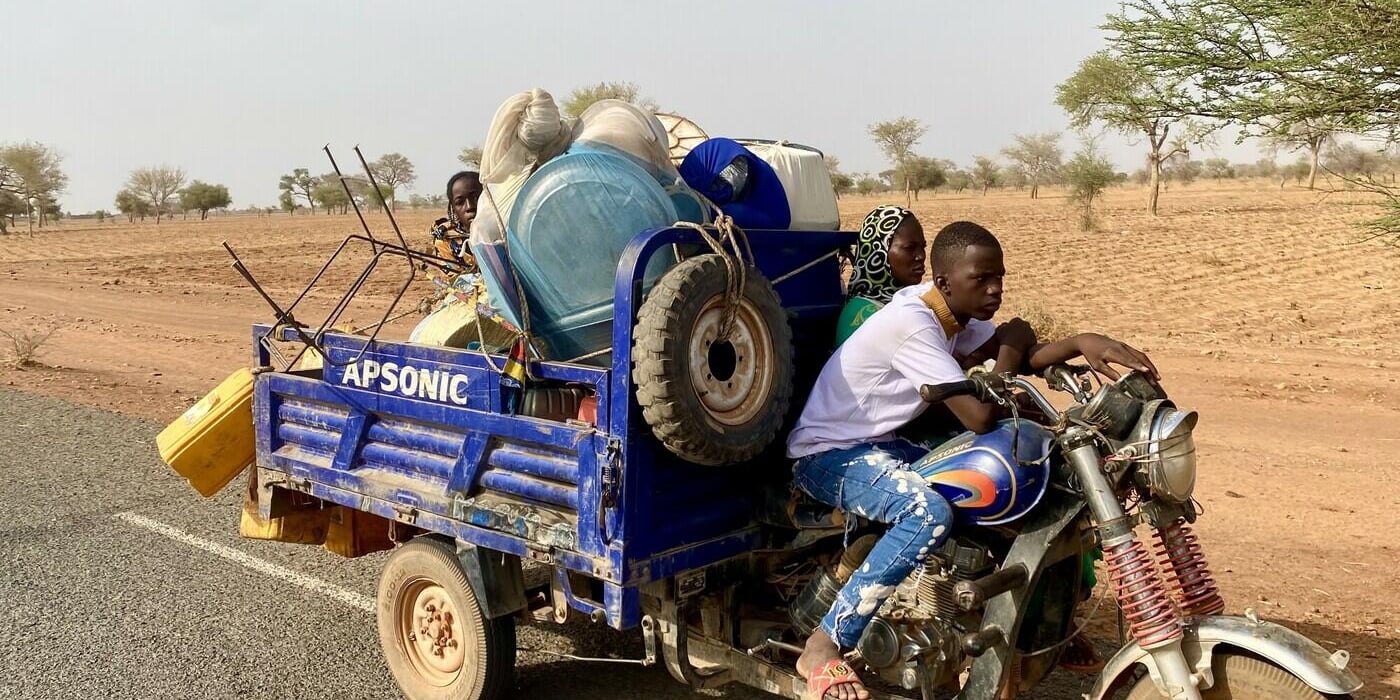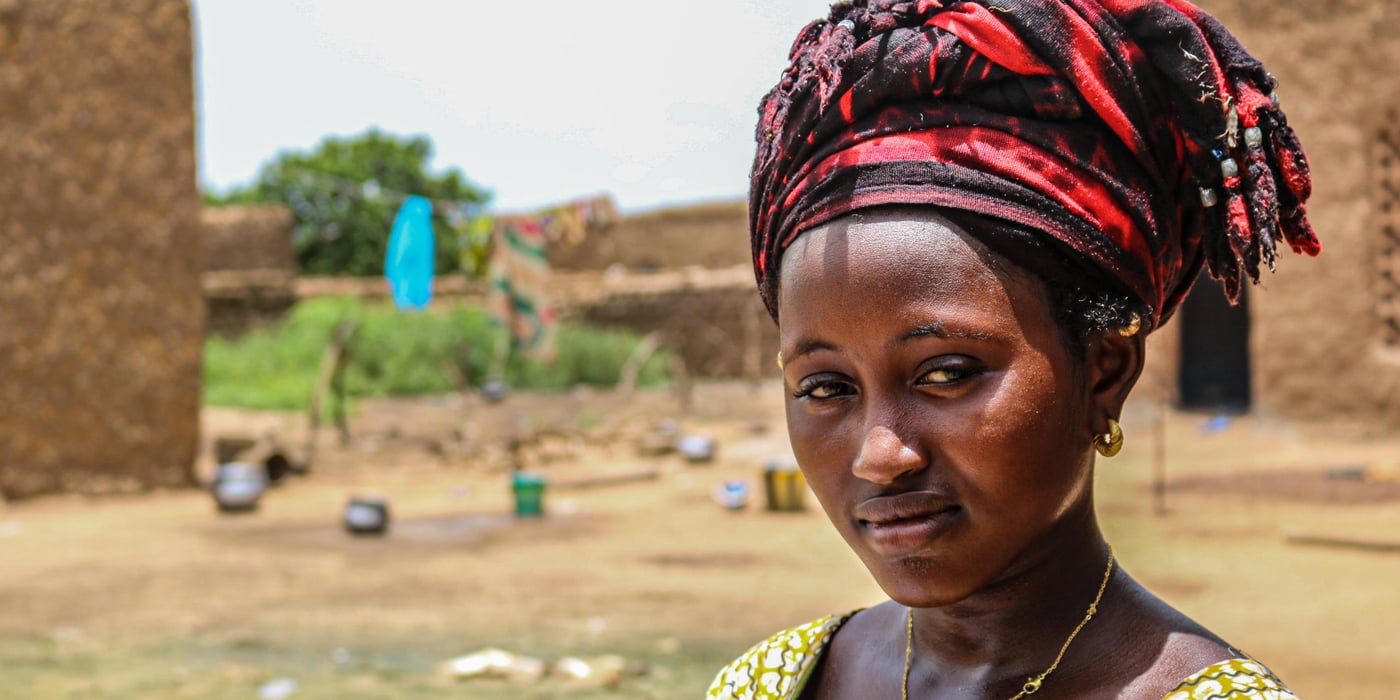
“The insecurity lays heavy restrictions on our movement of emergency aid and personnel,” says Country Director for NRC Mali, Muriel Tschopp. “Even if humanitarian organisations are not the target, roadside bombs do not discriminate.”
Last year, two NRC employees were killed when a roadside bomb exploded on the road between Timbuktu and Goundam.
The security situation is forcing NRC and other aid organisations to transport emergency personnel by airplane to many locations, which increases the cost significantly and renders many places with no airstrip inaccessible. The distances that have to be covered by airplane are considerable: Mali is twice the size of France.
“There are large areas in Mali that we are struggling to reach. We are currently in the middle of lean season in Mali, and food insecurity is high. The consequences of this lack of access is that NGOs like NRC are often unable to distribute regular food rations, leaving vulnerable families struggling to cover their needs. This is the same for medicine and other lifesaving responses. While jihadist actions in Mali target mainly state and military target, their actions have grave consequences for the civilian population ,” says Tschopp.
The town of Méneka was completely flooded this past weekend, and 4000 displaced people have been affected by floods. Over 185 families are currently seeking refuge in schools. The road to Méneka is a prime target for roadside bombs, and trucks who take this road face great risks, forcing humanitarian agencies to restrict assistance to the bare minimum.
3.1 million people in Mali are estimated to be food insecure, meaning they do not have secure access to food. More than 700,000 children are acutely malnourished.
On June 20, a peace deal was signed between the government and armed groups fighting for the independence of northern Mali, providing much needed hope for an improvement for the civilian population. However, implementation of the accord has this far been slow, and jihadist groups are attempting to destabilise the peace process. Just a few days ago, 13 people were killed in an attack on an old hotel in Sévaré.
“The Sévaré attack is very tragic. Unfortunately many more terrorist attacks take place in Mali which do not make the headlines. The week of the Sévaré attack two other attacks took place, killing 11 people. There are security incidents every week, reminding us of just how fragile the peace is. People are nervous and where there should be a sense of hope there is often a sense of fear,” says Tschopp.
She worries that the presence of a peace deal may be contributing to the illusion that the need for aid is less urgent. Only a third of the humanitarian appeal for Mali is currently funded and many donors are abandoning emergency relief for development projects which may not be implemented until security has returned, leaving populations in the north with a gap in assistance.
“The existence of a peace deal is misleading, because the security situation in Mali has not improved. The need for humanitarian aid to support civilians is just as severe as before the peace deal was signed and while we hope peace will return, lifesaving assistance remains today essential in Mali ,” Tschopp explains.




